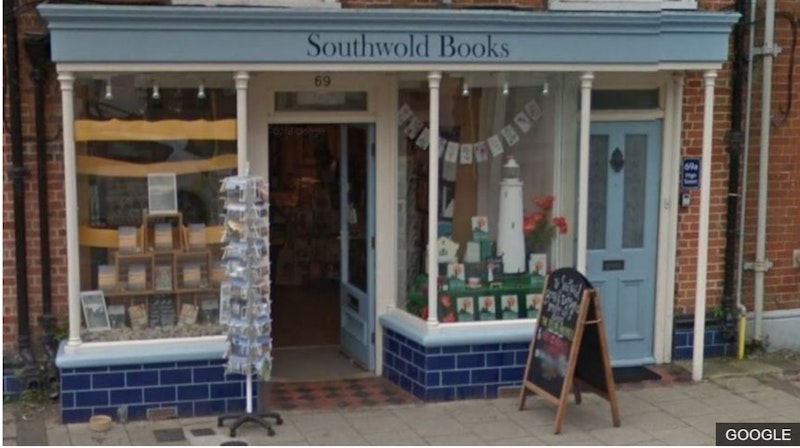In the News
Waterstones goes under cover
1st March 2017
If a business has invested much in building a respected and well recognised retail brand, why would it then abandon that USP and open in a new location under a different name? Waterstones are facing criticism for 'hiding their identity' and opening bookstores under different names that make them appear to be independent booksellers rather than part of a chain.
They can hardly be accused of flooding the market with the shops, as they have opened just one a year in 2014-2016. However, they are accused of masquerading as small stand-alone stores in contrast to 'homogenised' high street retailers.
Why would they do this? Is it to do with marketing mix, ensuring that the product perceived by the consumer matches the location? James Daunt, CEO of Waterstones, said that all three of the shops in question were on small High Streets that did not have an independent book store - so it is not as if they are trying to snatch the market from others already established there, more that they are trying to suit the local conditions: "We're coming into quite sensitive High Streets, ones predominantly with independent retailers on them, and we wish to behave as they do," he said.
Daunt also suggests that there is an element of empowerment and motivation of his staff behind the move, as he wants to emphasise to his staff that they have a degree of autonomy in how they run the store, saying "I think I have always acted and worked as an independent book seller and I would love for everyone who works for me does so likewise."
Perhaps this does fit with the positioning of Waterstones, who have to face down the intense competition of Amazon and e-books, and to establish a different place in the market than WH Smiths and supermarkets who aggressively discount the Top 20 Bestsellers. They have established a brand identity which suggests that they are a 'serious' bookseller, with handwritten recommendations from their staff offering comments on their favourite books pinned to the shelves. On the other hand there are also suggestions that in moving strongly into the mass market Waterstone's has lost its literary soul. Nicholas Spice of the London Review of Books says that "A big retail business will inevitably move to the lowest common denominator position. Their commitment to book quality has to wane."
Therefore perhaps this is no more than a sensible way of diversifying in order to meet the needs of different segments of the market, exercising a Market Development strategy as suggested by Ansoff's matrix. Does this really amount to 'deception'? The answer must be that it depends on whether the consumer feels that they have been duped, or that the full marketing mix offered in the small, apparently independent booksellers, pleases them not only in the service offered but also in the pricing.

You might also like
Operating a Multi-site Business
Study Notes
Extended Marketing Mix (7P's)
Study Notes

Analysing the Strategic Logic of the Sainsbury's Argos Takeover
6th February 2016

Prada Changes its Marketing Mix
28th August 2016
How would you turn around the fortunes of The Body Shop?
9th February 2017
AQA A Level Models & Theories - MCQ Practice
Quizzes & Activities
Nestle develops the coffee market
15th September 2017

CSR: How changing coffee tastes are helping farmers
28th December 2017
Daily Email Updates
Subscribe to our daily digest and get the day’s content delivered fresh to your inbox every morning at 7am.
Signup for emails